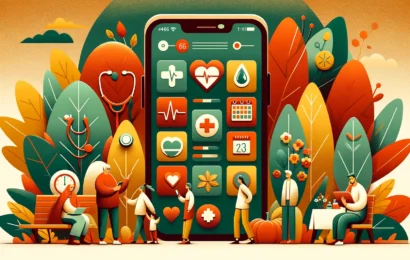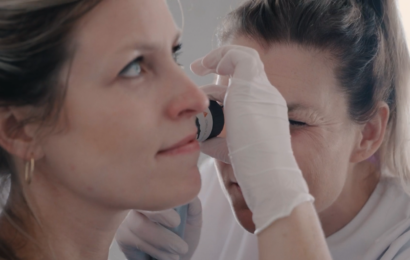Meet our researchers
Our group contains researchers from all over the world with different and complimentary backgrounds. Below, you can meet some of our researchers and learn about our backgrounds and research interests.
ECOTIP: Ecosyndemic data
Understanding Ecosyndemics Ecosyndemics refer to the negative interactions of diseases that arise due to unfavorable living environments. The ECOTIP project focuses on understanding these interactions and identifying the critical points – or “tipping points” – where a population’s ability to handle such environments weakens, leading to these adverse disease interactions.…
Start(V)aardig
Applying data science for Health Innovation Recently, the Data Science team got involved in Pim Koolwijk’s Project ‘Start(V)aardig’. The aim of this project is to develop a toolbox for professionals supporting them to improve the motor competence of young children. The project provides a rich source of structured and repeatedly…
Policy AI in Education
The advent of artificial intelligence has resulted in a transformative era, causing major changes in many aspects of human life. This evolutionary wave extends its influence to the realm of higher education, potentially reshaping the landscape of academic training and learning methodologies. From past instances of the advent of digital…
A.L.E.R.S. Learning Environment
What is A.L.E.R.S.? The Adaptive Learning Environment Research System (A.L.E.R.S.) is a transformative educational platform, innovatively designed to reshape learning through personalization and adaptability. It stands at the forefront of integrating technology with individualized learning strategies. How Does A.L.E.R.S. Work? A.L.E.R.S. begins its journey with each student through a unique…
GPT for grading exams
Revolutionizing Education with AI: A Glimpse into the Future of Grading Have you ever wondered if technology could grade exams as efficiently as human educators? The Data Innovation Hub of The Hague University of Applied Sciences is at the forefront of answering this intriguing question! A groundbreaking study conducted by…
GPT Powered Classroom
The advent of Language Model AI, particularly the ChatGPT, has revolutionized the way we interact with technology, taking the world by storm. This cutting-edge AI model, developed by OpenAI, has demonstrated an unprecedented ability to understand and generate human-like text, making it an accessible and flexible tool for a wide…
Infant Blink Detection
Distributed machine learning is becoming a popular model-training method due to privacy, computational scalability, and bandwidth capacities. In this work, we explore scalable distributed-training versions of two algorithms commonly used in object detection. A novel distributed training algorithm using Mean Weight Matrix Aggregation (MWMA) is proposed for Linear Support Vector…
AR for deaf students
Hearing loss is a global problem that many people deal with and the percentage of people with a hearing impairment will only keep growing. It is projected that we will reach a global population of 8 billion people in 2022 . Of these 8 billion people it is estimated that…
Safe drinking water
Ensuring Safe Drinking Water: A Collaborative Endeavor In today’s rapidly changing climate, ensuring the safety and quality of drinking water is more critical than ever. With the increasing impact of climate change, the soil surrounding our water pipelines is warming up, raising concerns about the temperature of the water we…
Virtual Jelle
Project partners: Virtuele Jelle (start-up), Pieter van Foreest (PvF), Medical Delta, IMEC (Innovatrix), Innovation Quarter and THUAS. R&D by: Virtuele Jelle, Hani Al-Ers (THUAS) Challenge: to improve quality of life of people with dementia and to relieve family care givers by virtual (machine-controlled) telephone conversations with real voices of family…
Local energy systems
Embracing a Sustainable Energy Future The transition to sustainable energy is all about creating energy systems that are green, reliable, and efficient. Local Energy Systems (LESs) are at the forefront of this transformation. What Are Local Energy Systems? LESs harness decentralized renewable resources. They offer: Reliability: Consistent energy supply even…
Palsy diagnosis
Peripheral palsy and central palsy are two forms of facial paralysis. Both conditions have similar characteristics, but they can have very different acuteness. Bell’s Palsy is one form of peripheral nerve disease, from which patients often heal and which is not likely to be fatal . A central facial palsy,…
AI message parsing
Since the industrial revolution European nations had created or were forced to share resources and infrastructures that transcended national boundaries. This resulted in the creation of common rules for maintenance and use to counter risks and challenges . This fact also comes with international dependence and difficulties regarding infrastructures. One…
Socioeconomic Status
Introduction: Dive into our in-depth research project that investigates the profound relationship between socioeconomic status and health outcomes in Zoetermeer. As a pioneering research group, we’re at the forefront of unveiling insights that can shape a healthier future for our community. Project Overview: Our mission was clear: “How does socioeconomic…
IT 4 Seniors
Digital skills are indispensable nowadays, even for seniors. Whether arranging online banking, passing on a move or refilling a prescription, the use of digital systems is indispensable in our society. During the lockdowns, online services became even more important. For senior citizens, the lack of computer skills led to problems…
Professional Practice
The collaboration between industry and education is an important part of innovation. Education needs to stay relevant to developments in the industry, while the industry needs the knowledge and insight from the education sector to overcome real-world obstacles and prevent future difficulties (Ankrah and AL-Tabbaa, 2015; Rynes et al., 2001).…
Education Analytics
In the world of higher education, it is important to know what helps students succeed. On this page, we have shared two related research projects from The Hague University of Applied Sciences. Both focus on understanding success in the International Business bachelor’s program. These projects were led by a team…
Smart Teddy
The Smart Teddy is a therapeutic companion with a very basic functionality. It can bark and move its tail if someone interacts with it. It is soft and cuddly to invite people to grab and hug it. Seniors can keep the Smart Teddy as a long term companion. Like a…
City Scrapper
The project aims to use widely available user satisfaction data to construct a decision making tool for municipalities. Managing cities is a complex task for municipalities. Both creating policies and evaluating them requires careful planning and significant resources. However, citizen already provide publicly that information on a variety of user…
Firefighter forecasting
Recent increase in wild fires in France, and around the world, are an unfortunate example of the current challenges firefighters face nowadays. Data science can provide a solution for such challenges. Through various visualizations, we can empower our public services to react faster and more efficiently to extreme situations. The…
Airport load modelling
Project Overview In today’s ever-evolving aviation industry, where capacity planning and operational efficiency are paramount, the ability to predict passenger flight load with precision is crucial. At The Hague University’s Data Science research group, we’ve delved deep into this challenge, reviewing historical methodologies and crafting an innovative algorithm using XGBoost,…
Our location
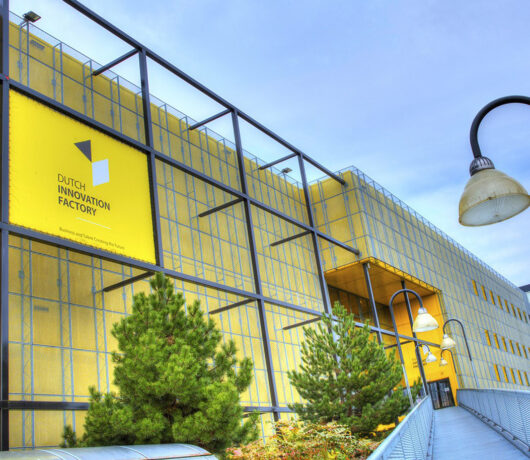


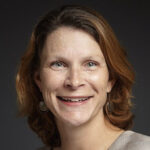 Dr. Ester de Jonge
Dr. Ester de Jonge

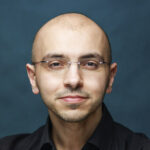 Dr. Hani Alers
Dr. Hani Alers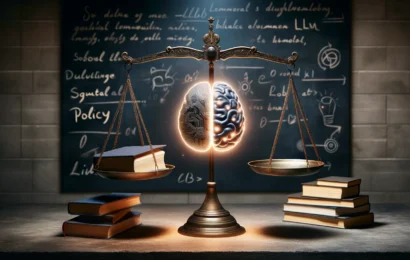
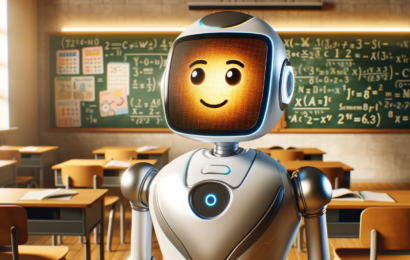



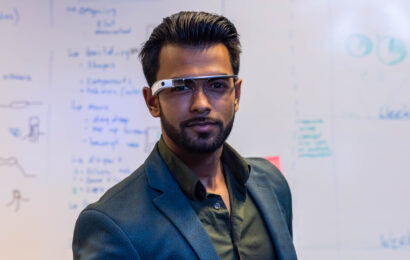
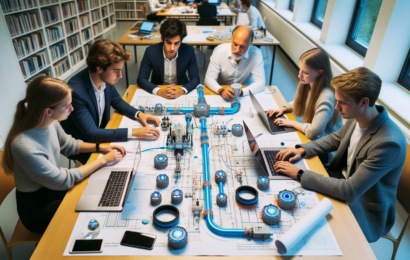


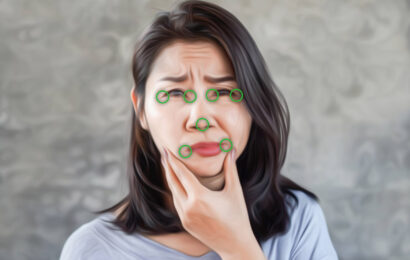





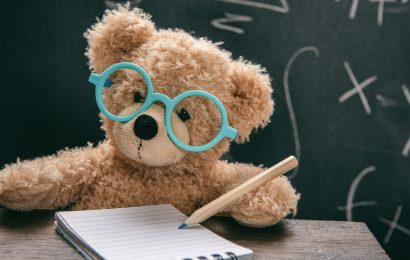
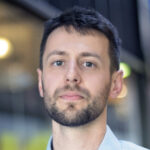

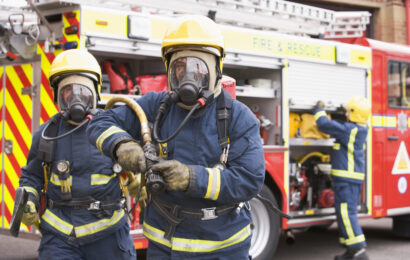

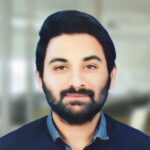


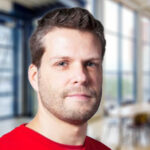 Dr. Mark Vondenhoff
Dr. Mark Vondenhoff